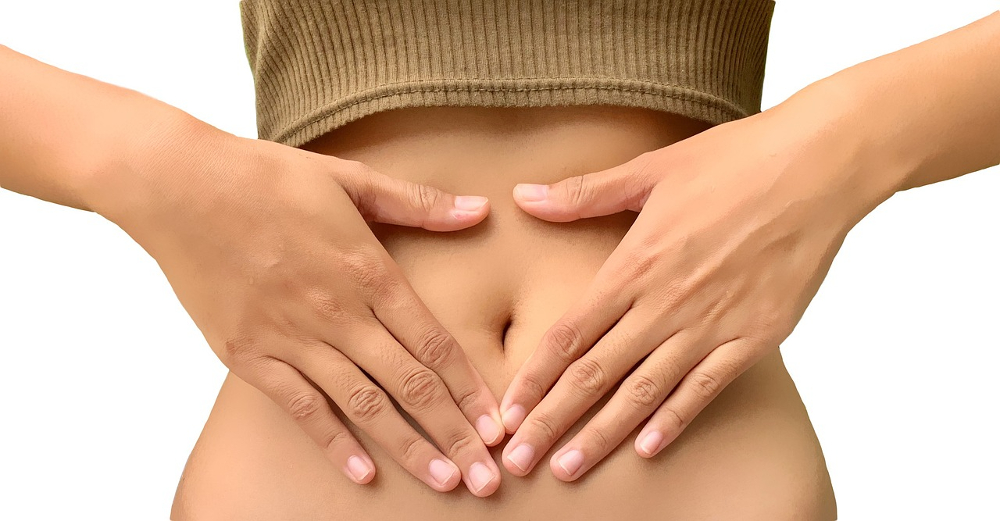Today, I’m diving deep into a topic that’s been tickling my curiosity and perhaps yours too: postbiotics. Now, before your eyes glaze over at the thought of yet another “biotic” buzzword, let me assure you, this journey into the world of postbiotics is going to be as fascinating as it is informative. And who knows, by the end of it, you might find yourself as intrigued by these microscopic marvels as I am—despite my initial skepticism and mild aversion to anything that sounds too much like a high school biology textbook.
What exactly are postbiotics?
In the simplest terms, postbiotics are by-products of probiotic bacterial activity. Think of them as the waste or the remnants left behind after probiotics have feasted and partied in your gut. I know, “waste” and “remnants” don’t sound particularly appealing, but bear with me.
These substances include enzymes, peptides, cell-wall fragments, and metabolic byproducts, and they’re not just biological debris. They’re like the unsung heroes in the story of gut health, playing crucial roles that we’re only just beginning to appreciate.
The unsung heroes of our gut
Why do postbiotics matter, you ask? Well, it turns out that these little leftovers can have a significant impact on our health. They’re involved in enhancing the immune system, reducing inflammation, and even protecting against harmful pathogens. It’s like finding out the party’s after-cleanup crew is actually improving the neighborhood’s security, public health, and community spirit.

Postbiotics enhances gut health
Postbiotics vs. probiotics and prebiotics
To clear up any confusion, let’s quickly distinguish between the three “biotics” we often hear about:
- Probiotics: These are the live beneficial bacteria that reside in our gut. They’re like the gardeners of our gut ecosystem, maintaining balance and health.
- Prebiotics: These are essentially the food for probiotics—non-digestible fibers that help beneficial bacteria thrive.
- Postbiotics: As we’ve discussed, these are the by-products of probiotics’ metabolic activities.
Each plays a unique role in gut health, but today, postbiotics steal the spotlight.
How do postbiotics work?
The mechanisms of action for postbiotics are as diverse as they are fascinating. They can strengthen the gut barrier, modulate the immune system, and even communicate with distant organs through the bloodstream. It’s like these tiny molecules are sending secret messages throughout our body to maintain harmony and health.
The benefits of postbiotics
Now, onto the good stuff—the benefits. Research suggests that postbiotics can help with:
- Immune system support: They act like the body’s own defense trainers, teaching our immune cells to recognize and fend off invaders.
- Anti-inflammatory effects: Think of them as the body’s internal ice pack, soothing areas of inflammation.
- Gut health: They help fortify the gut wall, preventing unwanted guests from crashing the party.
Incorporating postbiotics into your diet
You might be wondering how to jump on the postbiotic bandwagon. Fermented foods are a great start, as the fermentation process involves beneficial bacteria that produce postbiotics. So, next time you’re enjoying a serving of yogurt, kimchi, or sauerkraut, you’re not just treating your taste buds but also giving your gut a postbiotic boost.

Kimchi (Image by JeongHO Suh from Pixabay)
What I found out about postbiotics
I’ll admit, when I first heard about postbiotics, I was skeptical. It felt like another health trend, destined to be replaced by the next big thing. But the more I learned, the more fascinated I became. The idea that these microscopic by-products of bacteria could have such profound effects on our health is, to me, a testament to the intricate and delicate balance of life. It’s a humbling reminder that sometimes, the smallest things can have the most significant impact.
Conclusion
So, there you have it, folks—a whirlwind tour of the world of postbiotics. From their humble beginnings as bacterial leftovers to their starring role in our gut health, it’s clear that these tiny titans are worth paying attention to. Whether you’re a health enthusiast, a curious skeptic, or just someone looking for a new topic to bring up at dinner parties, I hope this exploration of postbiotics has been as enlightening for you as it has been for me. Here’s to the little guys making a big difference!